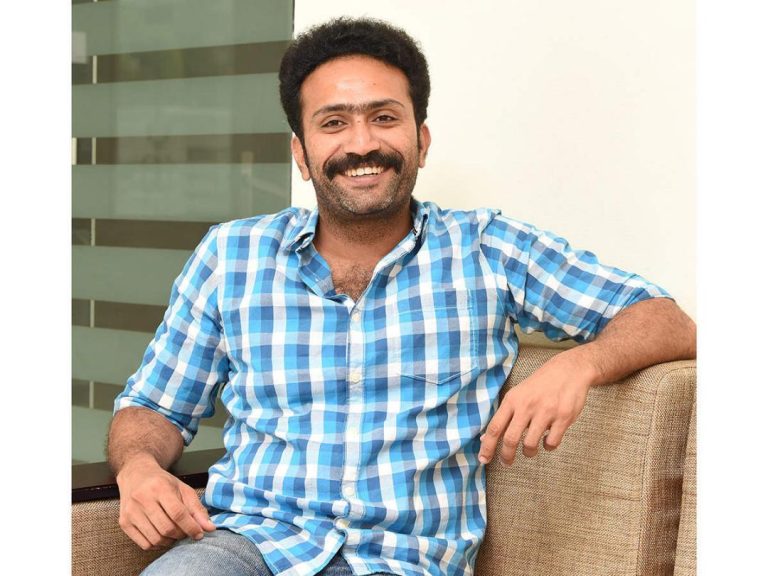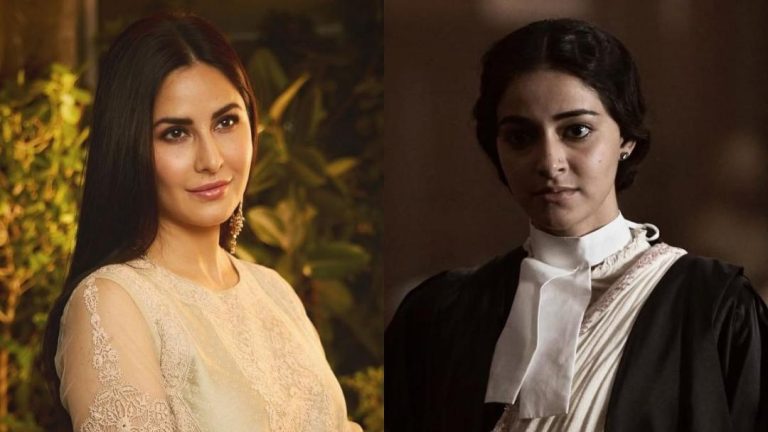
A Copenhagen Love Story: A Raw Take on Women’s Bodies, Identities
In the midst of a global pandemic, where the world has come to a standstill, a Danish film, A Copenhagen Love Story, has taken the world by storm with its unflinching portrayal of women’s struggles with fertility and the impact it has on their self-image and relationships.
Directed by Malou Reimann, this film is anything but your usual corny rom-com. Starring Rosalind Mynster and Joachim Fjelstrup, the movie delves into the complexities of a couple’s relationship as they navigate the ups and downs of fertility struggles. But what sets this film apart is its bold exploration of how women’s relationship with their bodies is beyond just a personal battle; it impacts their self-image and relationship with the world.
The film tells the story of Sofie and Lars, a young couple who are struggling to start a family. Sofie, played by Rosalind Mynster, is a successful businesswoman who has always been confident in her abilities and her body. However, as the couple’s fertility struggles continue, Sofie begins to experience a sense of loss and identity crisis. She starts to doubt her own femininity and her ability to be a mother, which in turn affects her relationship with Lars and her own sense of self.
The film masterfully weaves together the complexities of Sofie’s inner turmoil, her fears, and her insecurities. Mynster’s performance is raw and relatable, making it easy for the audience to connect with Sofie’s struggles. The camera work is equally impressive, capturing the intimate moments of Sofie’s relationship with her partner and her own body.
One of the most striking aspects of the film is its unflinching portrayal of women’s bodies. Sofie’s struggles with fertility are not romanticized or sugarcoated; they are presented as a harsh reality that women face every day. The film’s depiction of Sofie’s body, particularly her menstruation and pregnancy, is unapologetically real. The camera lingers on her body, capturing the imperfections and the beauty of it. This unapologetic approach to women’s bodies is refreshing and empowering, as it challenges the societal norms that dictate how women’s bodies should be represented.
The film also explores the societal pressures that women face when it comes to their bodies and their fertility. Sofie is constantly bombarded with messages about her body and her fertility, from social media to her own family and friends. The film highlights the absurdity of these expectations, showing how they can be both suffocating and empowering at the same time.
A Copenhagen Love Story is not just a film about a couple’s fertility struggles; it is a film about the complexities of women’s bodies and identities. It is a film about the societal pressures that women face, and the ways in which they can be both empowering and suffocating. It is a film about the importance of self-care and self-love, particularly for women who have been marginalized and silenced for far too long.
The film’s message is clear: women’s bodies are not just physical vessels; they are complex, multifaceted, and deserving of respect and care. The film’s portrayal of women’s bodies is a powerful statement against the societal norms that dictate how women’s bodies should be represented. It is a call to action, urging women to embrace their bodies and their identities, and to reject the societal expectations that seek to control and dictate their lives.
In conclusion, A Copenhagen Love Story is a raw and unflinching portrayal of women’s bodies, identities, and struggles with fertility. The film is a powerful statement against the societal norms that dictate how women’s bodies should be represented, and a call to action urging women to embrace their bodies and their identities. It is a must-watch for anyone who has ever struggled with their own body image or identity, and a powerful reminder of the importance of self-care and self-love.
Source:
https://www.shethepeople.tv/opinion/a-copenhagen-love-story-danish-film-women-fertility-8763186






